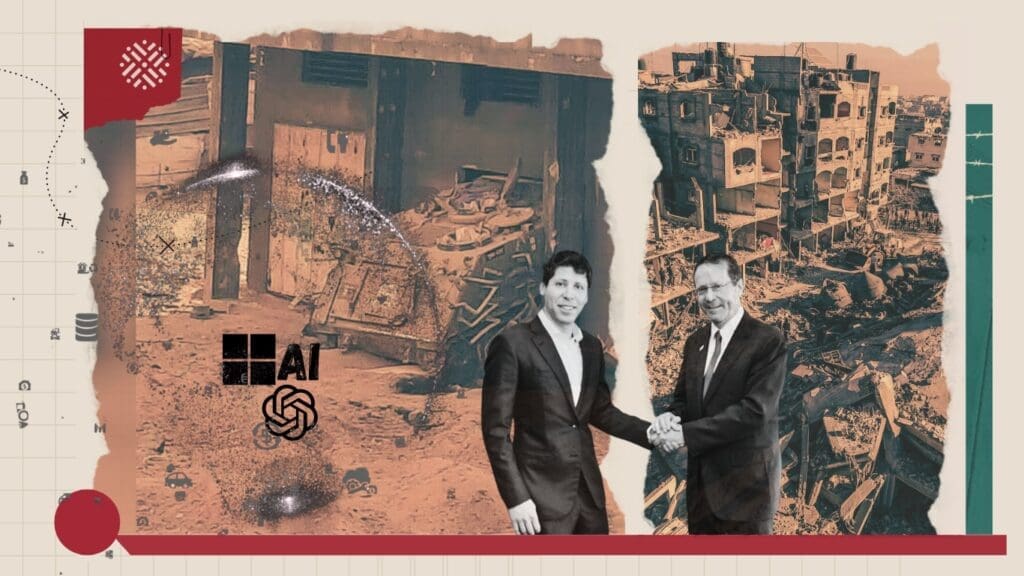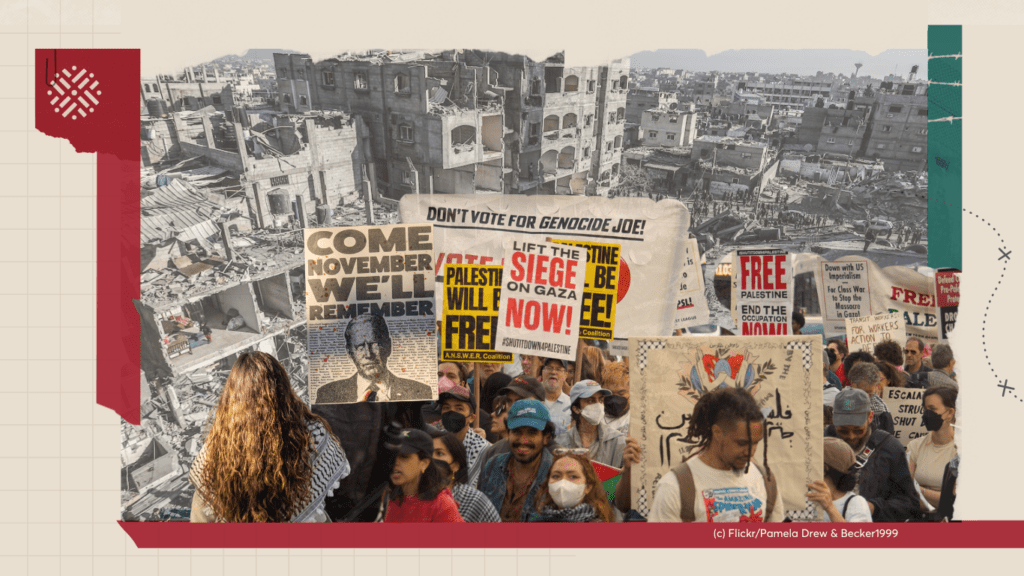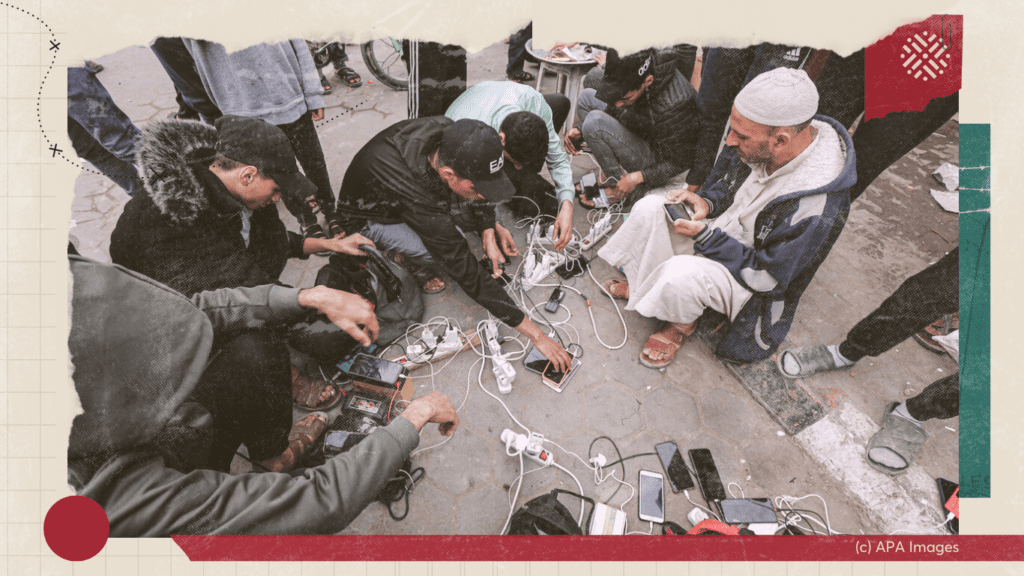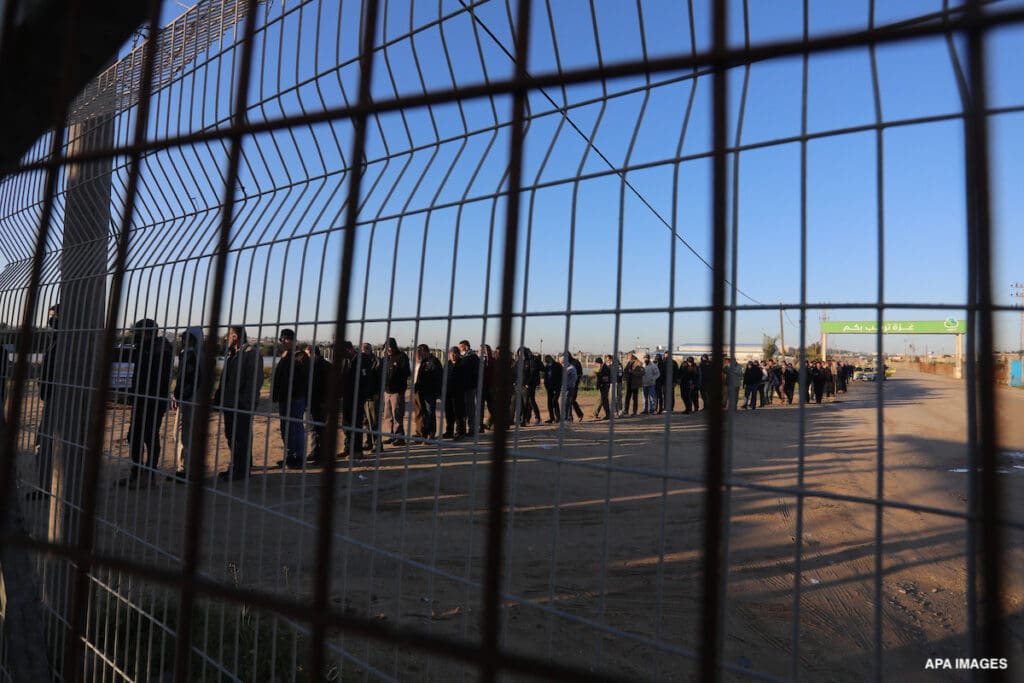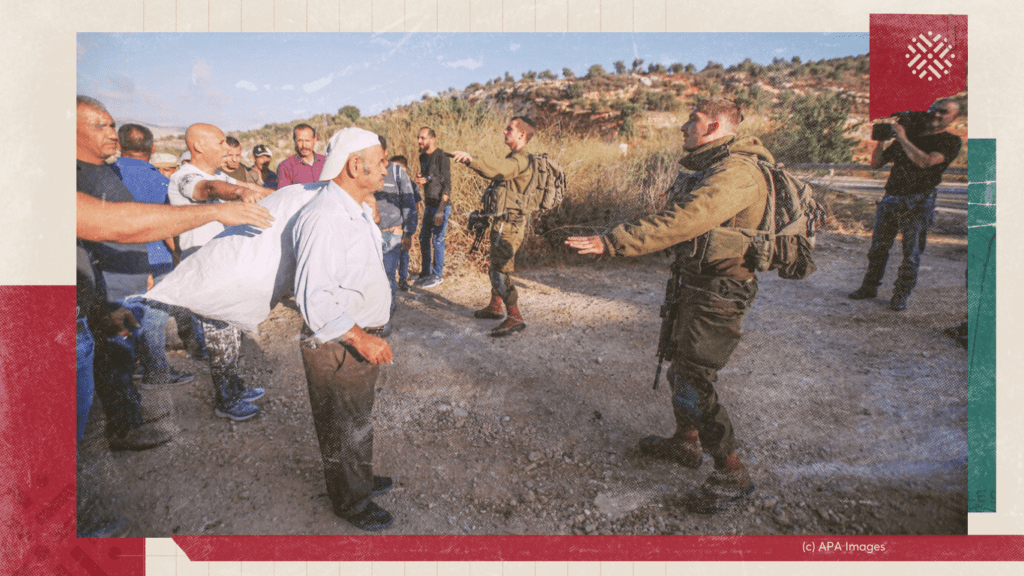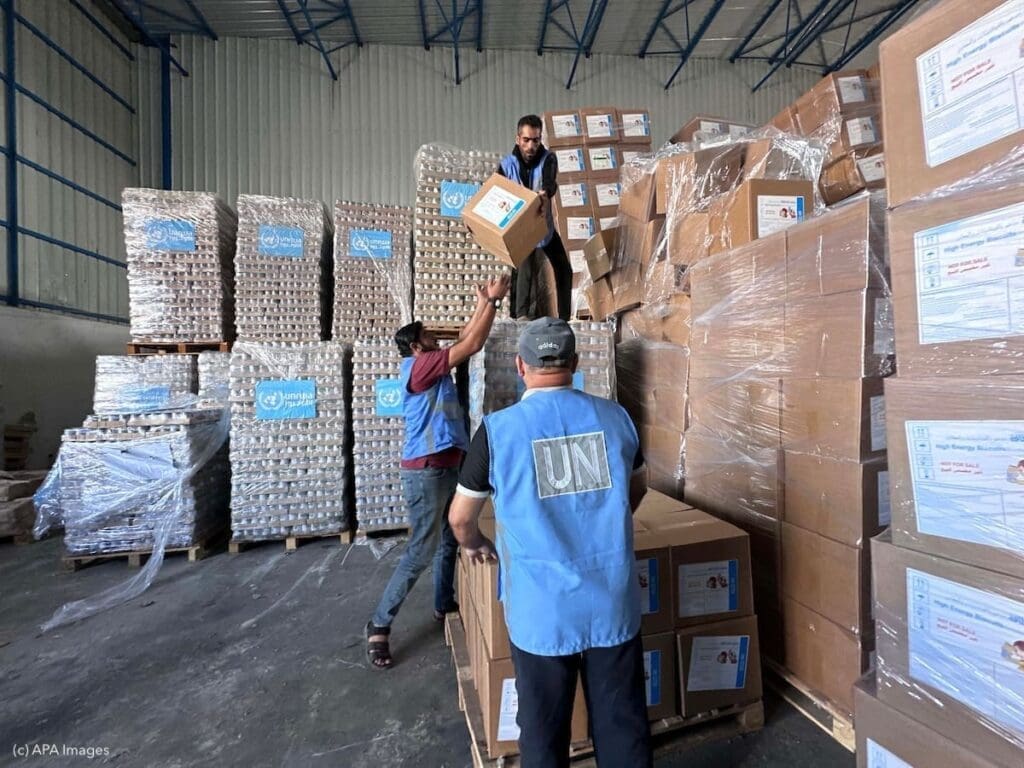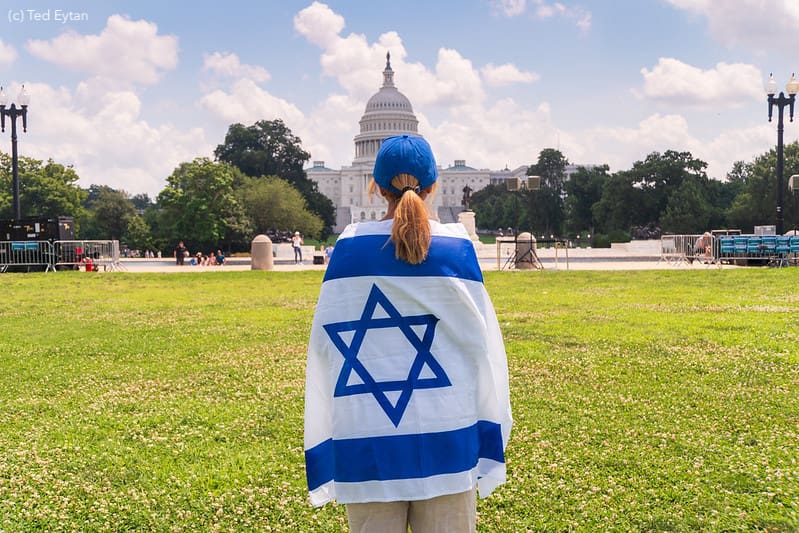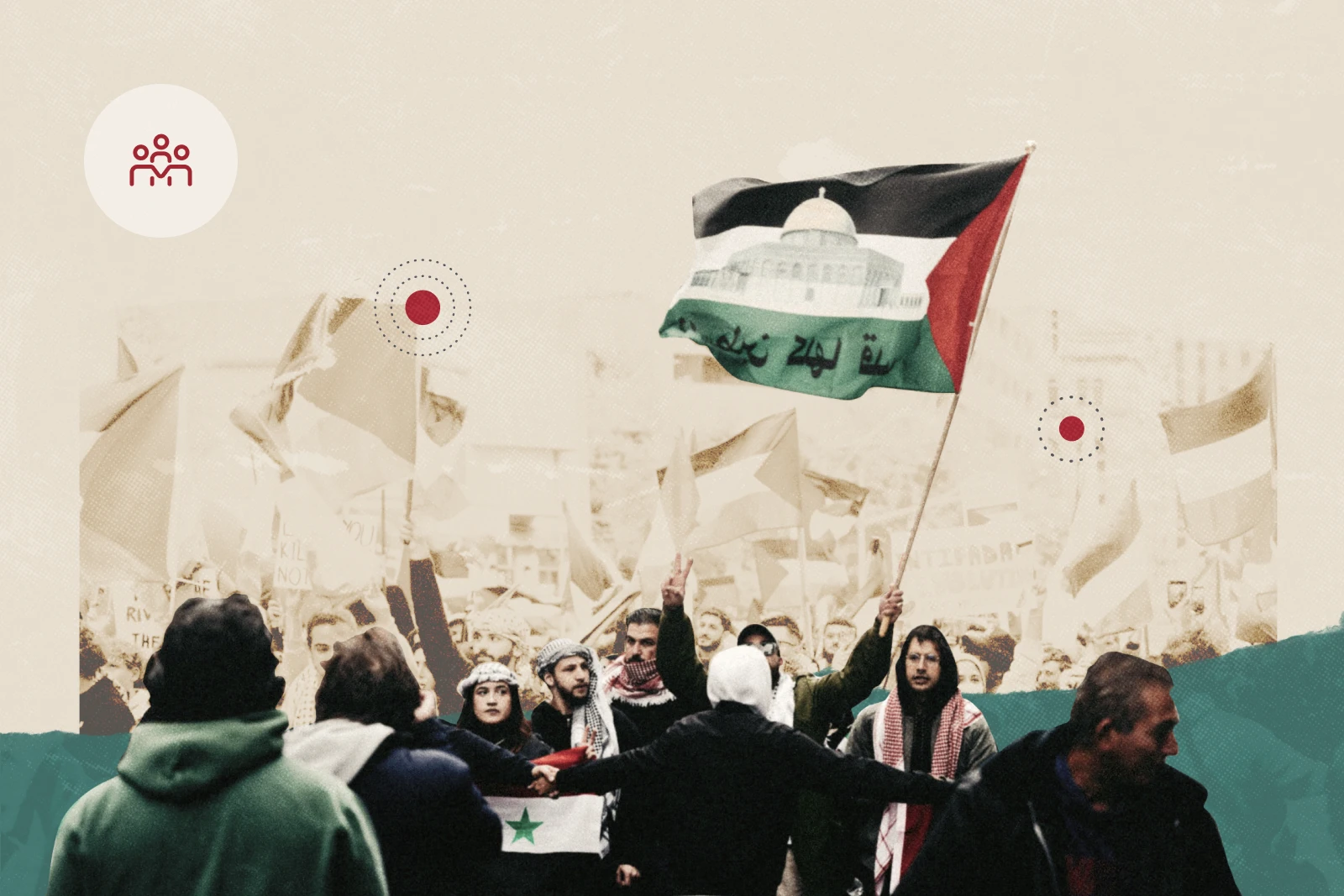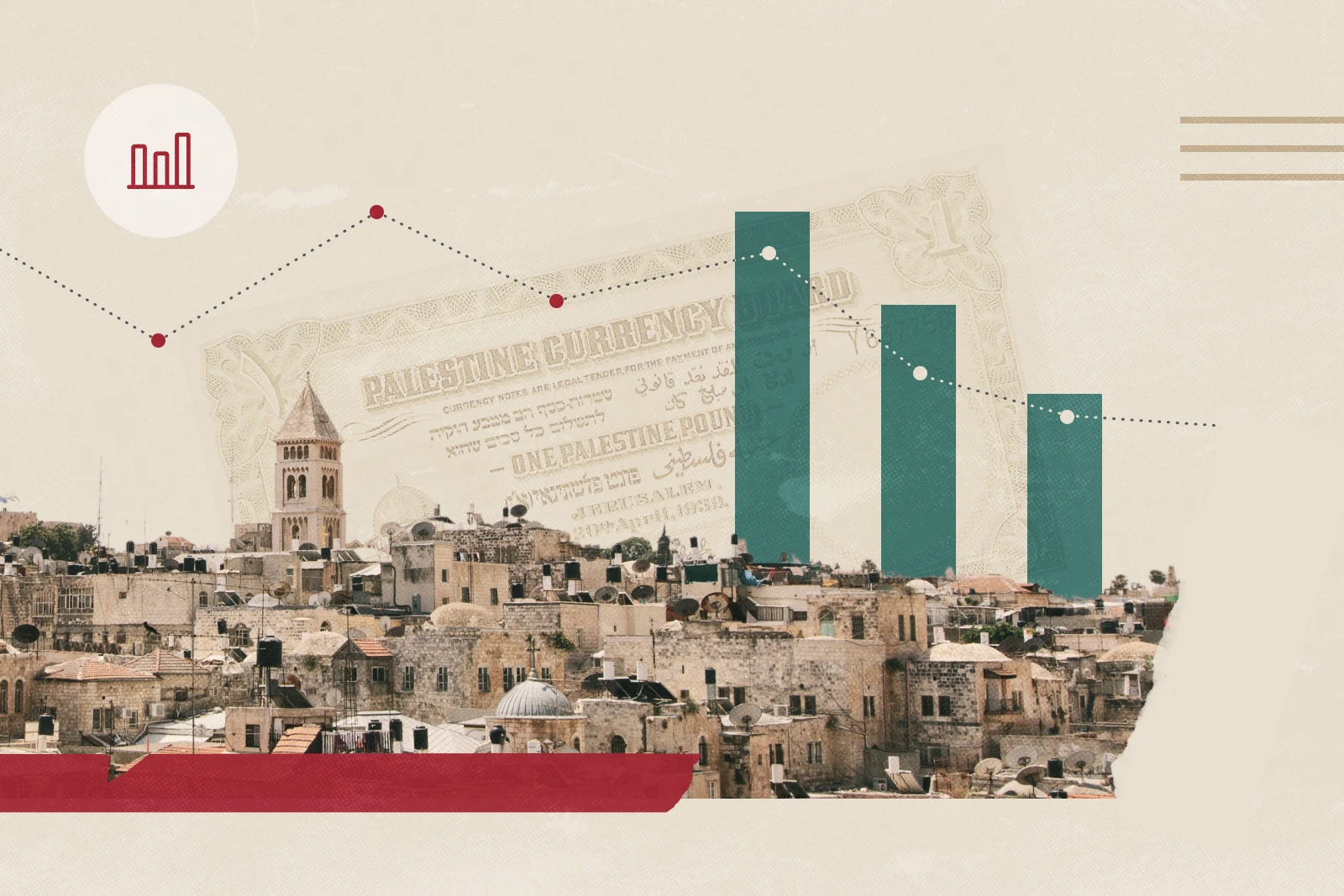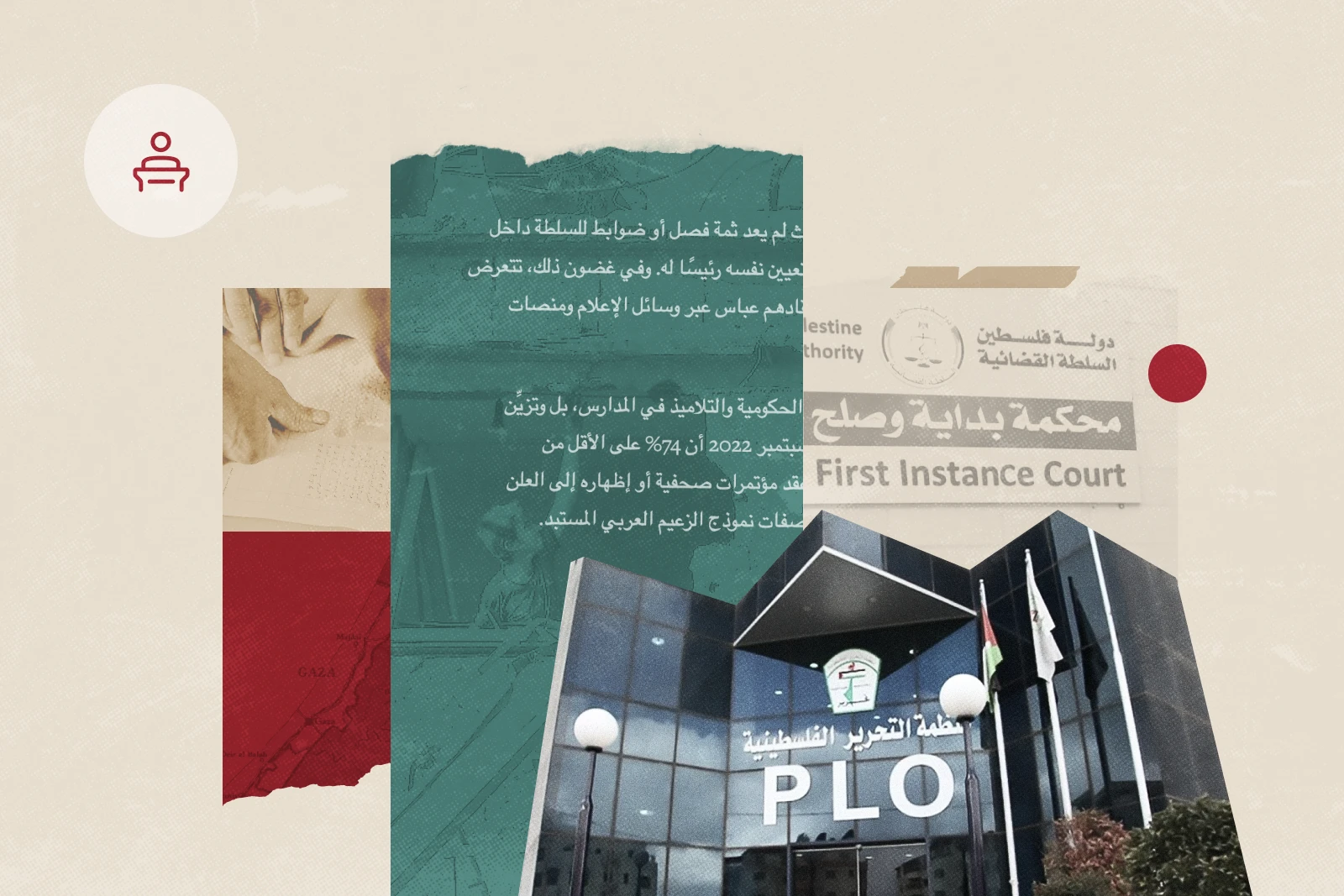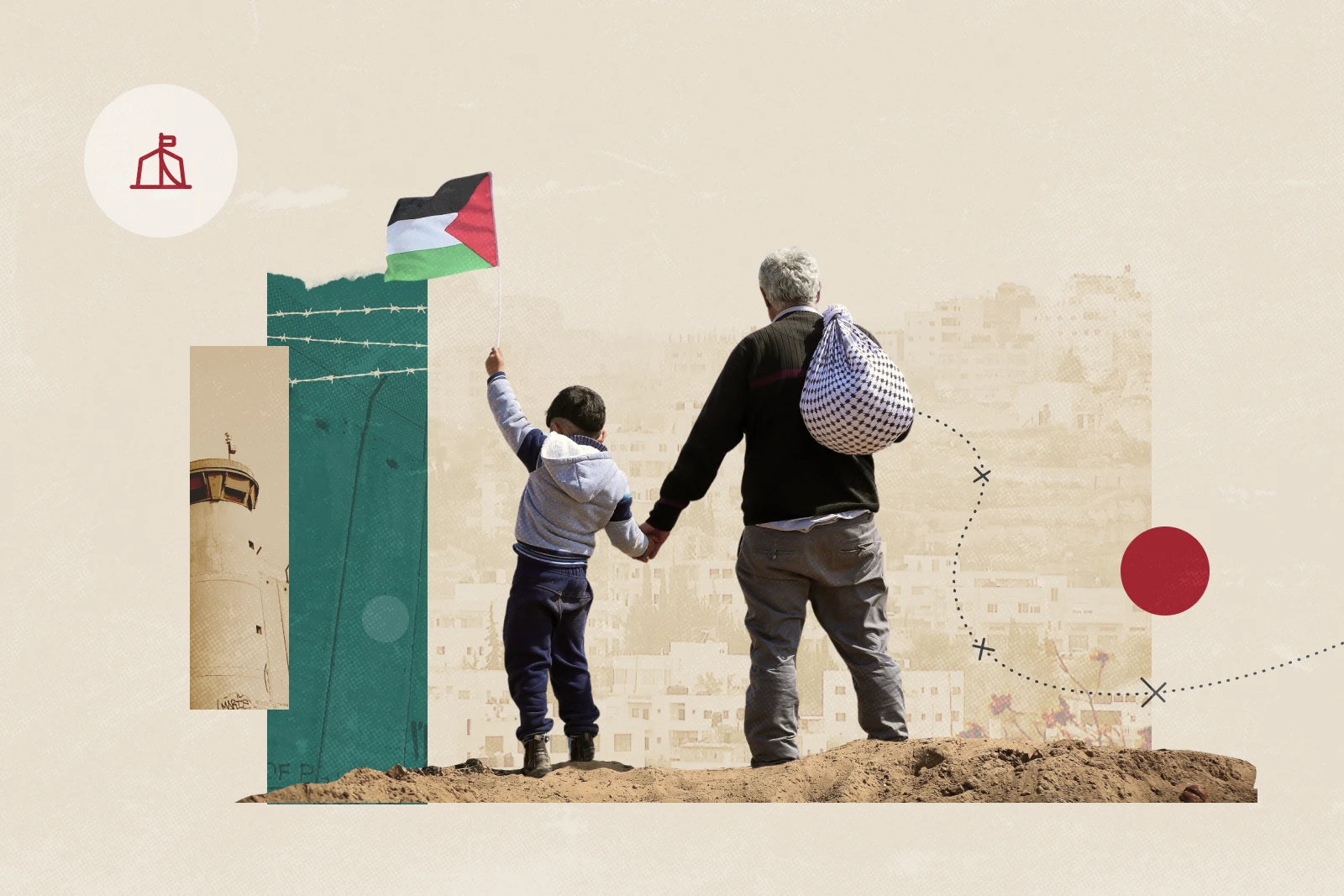typePolicy Briefs
This policy brief introduces de-healthification as a framework for understanding Israel’s systematic destruction of Palestinian healthcare infrastructure, particularly in Gaza. Rather than viewing the collapse of Gaza’s health system as a secondary outcome of the genocide, the brief argues that it is the product of long-standing policies of blockade, occupation, and structural neglect intended to render Palestinian life unhealable and perishable.
By tracing the historical evolution of de-healthification, this brief argues that naming the process is essential for accountability. Because intent is revealed through patterns of destruction rather than explicit declarations, the framework of de-healthification equips policymakers, legal bodies, and advocates to identify healthcare destruction and denial as a core mechanism of settler-colonial control.

Layth Malhis· Jan 11, 2026
European empires used Christian missions to legitimize conquest in Africa and advance imperial interests, laying the groundwork for a political form of Christian Zionism. British evangelicals were central in transforming Christian Zionism from a theological belief into an imperial strategy by promoting Jewish resettlement in Palestine as a means of extending British influence. This fusion of religious ideology and imperial ambition endures in contemporary Christian Zionist movements, which frame modern Israel as the fulfillment of biblical prophecy and recast Palestinian presence as an impediment to a divinely ordained order.
This policy brief shows how these narratives and their policy effects have taken root in the Global South, including in South Africa. In this context, Israeli efforts increasingly rely on Christian Zionist networks to weaken longstanding solidarity with Palestinians and cultivate support for Israeli occupation.

Fathi Nimer· Dec 7, 2025
US tech giants portray themselves as architects of a better world powered by artificial intelligence (AI), cloud computing, and data-driven solutions. Under slogans like “AI for Good,” they promise ethical innovation and social progress. Yet in Gaza, these narratives have collapsed, alongside international norms and what remains of the so-called rules-based order.
Israel’s genocidal war on Gaza has highlighted the role of major technology companies in enabling military operations and sustaining the occupation. Beneath the destruction lie servers, neural networks, and software built by some of the world’s most powerful corporations. As Israel weaponizes AI and data analytics to kill Palestinians and destroy their homes, the militarization of digital technologies and infrastructures is redefining accountability and exposing a governance vacuum. This policy brief traces how corporate complicity now extends to war crimes, crimes against humanity, and genocide—and calls for urgent regulation of AI militarization.

Marwa Fatafta· Oct 26, 2025
One year after Hamas’s Al-Aqsa Flood operation, the Heritage Foundation launched Project Esther—an initiative to suppress Palestinian solidarity under the guise of combating antisemitism. The project relies on censorship, lawfare, and intimidation to dismantle advocacy for Palestinian rights as part of a broader bipartisan crackdown that has onlyintensified under Donald Trump’s administration.
This policy brief situates Project Esther within the escalating assault on free speech and dissent, revealing how the repression of Palestine advocacy serves as a litmus test for US democracy. It also outlines strategies to resist this authoritarian turn and ensure that the fight for Palestinian liberation remains central to the broader struggle for justice and equality.

Tariq Kenney-Shawa· Apr 15, 2025
This policy brief revisits polling and election data to demonstrate the effect of the Democratic Party’s unflinching support for the Israeli regime on demobilizing voters in a presidential race taking place in the midst of a genocide—highlighting the need for a shift in US foreign policy. It emphasizes the importance of Palestine solidarity advocacy in countering the alarming global phenomenon of democratic backsliding, especially in the US. It calls for honest data collection and reporting at a time when critical action against authoritarian US policies is likely to face increasing repression under the current administration of US President Donald Trump—with anti-Palestinian repression serving as a template.

Halah Ahmad· Feb 25, 2025
At the time of publication, the implementation of the first phase of the ceasefire agreement between Hamas and the Israeli government was underway. The deal comes after Palestinians in Gaza endured a devastating 15-month-long genocidal war that claimed tens of thousands of lives and injured many more. Israel’s intense shelling of Gaza has had a catastrophic effect on its infrastructure, including the telecommunications network, forcing the population into a near-total internet and cellular blackout.
This policy brief examines the devastating impact of the Israeli regime’s actions on Gaza’s telecommunications infrastructure and internet access. It situates Israel's attack on the communications sector within the broader framework of neo-colonialism. It explains how Israel’s stranglehold on the Palestinian digital infrastructure strengthens its political and economic hegemony, which is one of the most important features of the Zionist settler colonial project. It also highlights the resilience of Palestinians resisting enforced communication blackouts. It finally offers actionable recommendations for the international community to support enhanced digital access in Gaza and break its technological dependence on Israel.

Ali Abdel-Wahab· Feb 4, 2025
Since the start of the genocide in Gaza, Palestinian laborers working in the Israeli market have become a top target for Israel's brutal Civil and Economic Affairs Cabinet and the Knesset's Foreign Affairs and Defense Committee. During this time, the Zionist regime terminated over 140,000 work permits, detained thousands of Palestinian workers, and began formal discussions with various Asian governments to recruit foreign laborers as replacements.
In this policy brief, Ihab Maharmeh details a recurring pattern in which Israel summons, exploits, expels, or replaces the Palestinian workforce based on its needs. This calculated approach, Maharmeh argues, is designed to systematically dismantle Palestinian political, economic, and social structures, ultimately advancing the goal of Palestinian erasure.

Ihab Maharmeh· Jan 5, 2025
In their struggle against Zionist settler colonialism, Palestinians have long worked towards establishing a resistance economy. Today, food sovereignty constitutes a natural continuation of this process, building upon the principles of agricultural self-sufficiency practiced throughout the history of the Palestinian revolution.
In this policy brief, Fathi Nimer traces the origins of food sovereignty and the challenges Palestinians face today to effectively put the framework into practice. He argues that doing so will help better recontextualize the resistance economy and help pave the way for a more contentious economic order.

Fathi Nimer· Aug 27, 2024
For decades, Israel has spearheaded a campaign against UNRWA meant to erase the question of Palestinian refugees and their collective right of return. While not new, the latest defunding of the agency by Israel’s allies is unprecedented in terms of its scope and perilous timing.

Shatha Abdulsamad· Apr 30, 2024
Disinformation is being produced at industrial scale by official Israeli sources to justify its ongoing genocide in Gaza. Journalists and open-source intelligence analysts have only added fuel to this fire of Palestinian dehumanization by propping up the false news without necessary scrutiny. In his latest policy brief, Tariq Kenney-Shawa delves into Israel’s information warfare tactics, exploring how these efforts have contributed to the decay of truth and how they hamper efforts to organize a global response. He offers recommendations for reporters, analysts, and the wider public to leverage open-source tools to refute dominant Israeli propaganda and disinformation.

Tariq Kenney-Shawa· Mar 12, 2024
In recent years, much has been written about the overwhelming support former President Donald Trump has received from white evangelical Christians, particularly Christian Zionists. Less examined is the relationship between white supremacy and Christian Zionism, namely their overlapping ideologies and political clout.
In this policy brief, analysts Halah Ahmad and Mimi Kirk examine the sinister synergy between Christian Zionism and white supremacy, unpacking the exceptionalism upon which Christian Zionist racist ideologies, discourses, and politics are based.


Media & Outreach
Physical rebuilding of the shattered territory must include a concerted strategy for political reconstruction.

Alaa Tartir· Feb 23, 2026
Fathi Nimer, a policy fellow at Al-Shabaka, described the movement as one that “translates into absolute unquestioning support for the Israeli regime”. He described hearing a podcast about a Christian Zionist woman visiting Bethlehem who, after seeing the separation wall, Israeli soldiers and the harsh conditions in Palestinian refugee camps, remarked: “I feel bad for them, but scripture is scripture.”

Fathi Nimer· Feb 23, 2026
Fathi Nimer said it was unclear whether the interim constitution would be implemented or abided by. “Basic Law and the new interim constitution cover freedom of expression, protest and elections – but those have not been adhered to by the PA, which has been acting in negligence of Basic Law,” Mr Nimer said.

Fathi Nimer· Feb 11, 2026
We’re building a network for liberation.
As the only global Palestinian think tank, we’re working hard to respond to rapid developments affecting Palestinians, while remaining committed to shedding light on issues that may otherwise be overlooked.









